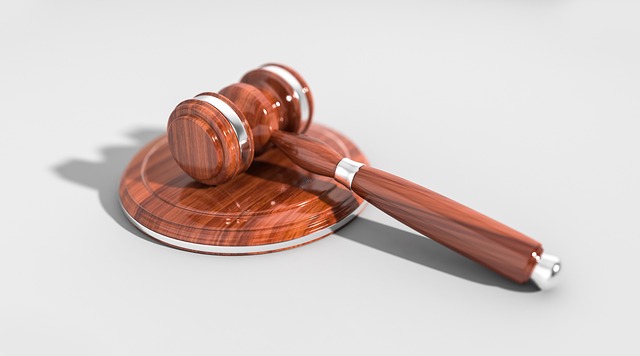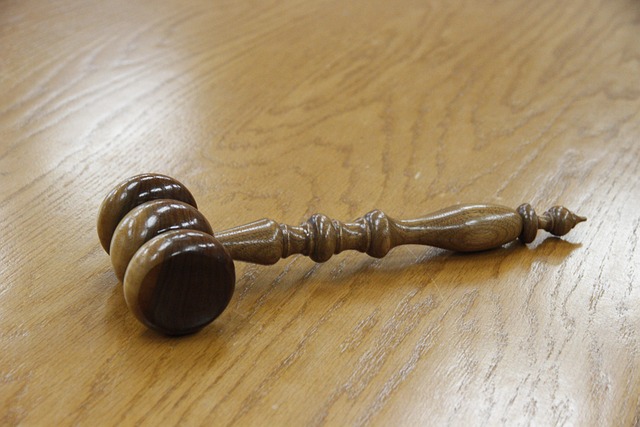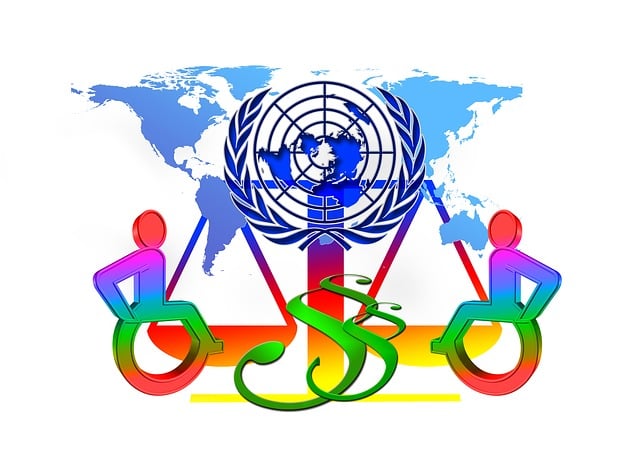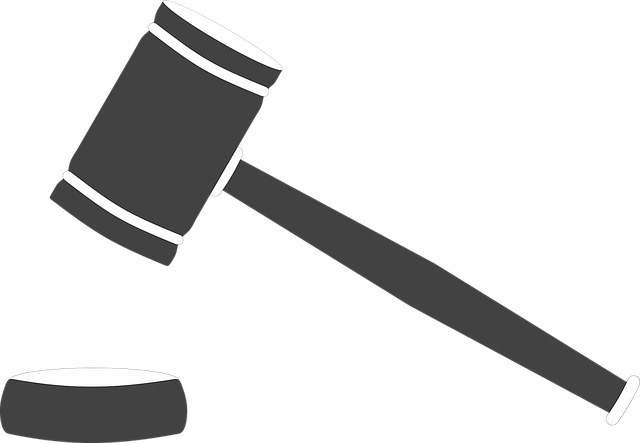Miami's personal injury laws, governed by Florida's regulations, play a crucial role in accident settlement negotiations. Key aspects include a pure comparative negligence rule, caps on non-economic damages, and strict time limits for lawsuits. The robust legal community and specific provisions for wrongful death claims contribute to dynamic settlement processes, especially in complex cases like truck accidents, where experienced attorneys are vital to securing fair compensation within specified timelines. Accident settlement Miami is influenced by these factors, making legal representation indispensable.
Miami, Florida, with its vibrant yet bustling streets, is a city where accident settlements are subject to unique legal considerations. This article delves into the intricate web of laws shaping accident negotiations in Miami. We explore Florida’s personal injury landscape, key statutes like damage caps and medical malpractice limits, and the role of comparative negligence. Additionally, we provide strategies for plaintiffs’ attorneys, offering insights on dealing with insurance companies, building strong cases, and effective communication during settlement talks. Finally, we navigate post-settlement legalities, from agreement finalization to handling appeals, ensuring readers are equipped to manage the aftermath of an accident in Miami.
- Miami's Legal Landscape: Key Laws Shaping Accident Settlements
- – Overview of Florida personal injury law
- – Statutory caps on damages and medical malpractice limitations
Miami's Legal Landscape: Key Laws Shaping Accident Settlements

Miami’s legal landscape is shaped by a complex web of state laws and regulations that significantly impact accident settlement negotiations. Florida, with its favorable rules for plaintiffs, provides a unique environment for personal injury cases. One key law to highlight is the cap on non-economic damages, which limits the amount individuals can receive for pain and suffering, impacting overall settlement amounts.
Additionally, Miami’s diverse legal ecosystem includes provisions specific to certain types of accidents. For instance, the city has strict regulations governing construction site safety, influencing settlements in cases involving workplace injuries. Moreover, Florida’s statutes regarding wrongful death claims offer clarity on compensation for families affected by accidental fatalities, potentially expediting settlement processes. These laws, combined with a robust legal community, contribute to the unique dynamics of accident settlement negotiations in Miami.
– Overview of Florida personal injury law

In Florida, personal injury laws play a pivotal role in accident settlement negotiations, particularly in Miami where the bustling metropolis sees its fair share of accidents, from car collisions to truck accidents causing severe injuries. The state follows a pure comparative negligence rule, which means that victims are compensated based on their own percentage of fault in an accident, rather than being barred from recovery if they’re partially at fault. This approach ensures fairness and encourages responsible behavior among all parties involved.
When it comes to accident settlement negotiations, legal representation is crucial. Miami’s complex legal landscape requires experienced attorneys who understand not only the intricacies of personal injury law but also the specific regulations affecting accident compensation in Florida. Victims of truck accidents or any other type of collision should seek competent legal representation to ensure they receive fair and just compensation for their injuries and losses.
– Statutory caps on damages and medical malpractice limitations

In Miami, Florida, both statutory caps on damages and medical malpractice limitations significantly influence accident settlement negotiations. The state’s tort reform laws impose strict limits on the compensation individuals can receive for non-economic damages, such as pain and suffering, in personal injury cases. These caps vary based on the type of case, with specific provisions for medical malpractice claims. For instance, the cap for non-economic damages in medical malpractice suits is typically lower than that for other accident settlements, reflecting Florida’s efforts to balance victim compensation with controlling healthcare costs.
Additionally, slip and fall injuries, as well as other types of accidents involving negligence, are governed by strict time limits set forth by state law. Victims have a limited window, usually ranging from 4 to 2 years, to file a lawsuit after the incident. This creates a sense of urgency during settlement negotiations, as both parties must consider the potential impact of missing the deadline. For example, a truck accident attorney representing a client with severe injuries would need to navigate these legal constraints while pursuing the highest possible settlement within the prescribed timeframe, often involving complex calculations for economic damages and estimates of future medical expenses in cases like slip and fall accidents.
Understanding Miami’s unique legal landscape is crucial for navigating accident settlement negotiations in this vibrant city. Florida’s personal injury laws, including statutory caps on damages and specific limits for medical malpractice claims, significantly impact the outcome of such settlements. By familiarizing themselves with these regulations, individuals involved in accidents can make informed decisions and effectively communicate their needs during discussions with insurance companies or legal representatives, ultimately securing fair compensation in the dynamic environment of Miami.






